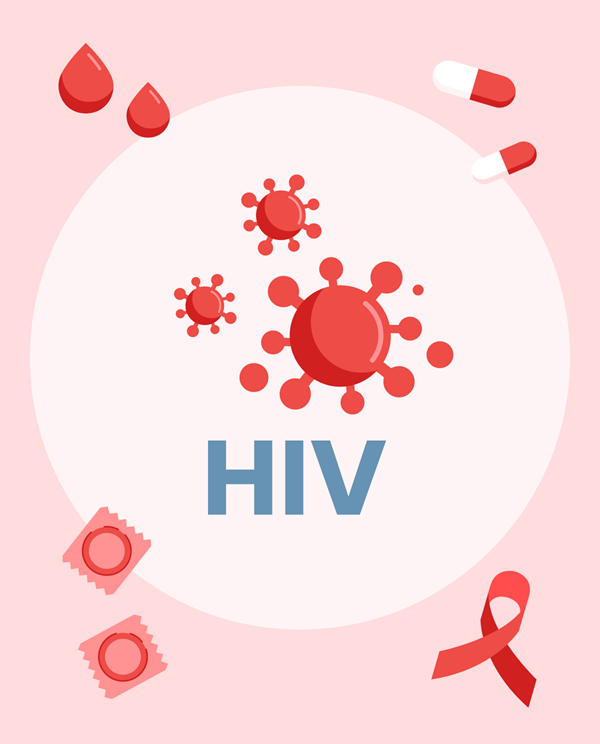
In a significant move towards curbing the HIV epidemic in Nigeria, the Federal Ministry of Health and Social Welfare has announced its relentless efforts to attain epidemic control for HIV.
Deputy director/head of treatment care and support programme at the National HIV/AIDS, Viral Hepatitis, and STIs Control Programme (NASCP), FMoH, Dr. Peter Nwaokenneya shared this information during a roundtable discussion in Abuja.
The roundtable, themed “Now is the Time: Fighting Pediatric HIV Through Strategic Partnership,” was organised by the Elizabeth Glaser Pediatric AIDS Foundation (EGPAF) in collaboration with NASCP and FMoH.
Nwaokenneya highlighted the country’s commitment to public health and its citizens’ well-being, expressing the aspiration to achieve epidemic control for HIV. The multifaceted approach undertaken by Nigeria includes efforts to curb the virus’s spread, ensure access to treatment and care, and ultimately reduce the impact of HIV on the population.
He emphasised the positive trajectory in addressing pediatric HIV, citing progress in prevention of mother-to-child transmission (PMTCT) programmes and increased testing and treatment options for children. Despite challenges, the country has witnessed improved awareness, enhanced access to antiretroviral therapy and a decline in HIV prevalence.
As of December 2022, Nigeria had 1.9 million people living with HIV/AIDS, with 150,000 being children. Unfortunately, only 50,000 children had access to treatment.A consultant pediatrician at the University of Port Harcourt, Prof. Rosemary Ugwu stressed the need for meaningful youth engagement in HIV programmes, advocating for the involvement of young people in decision-making processes.
Ugwu highlighted the crucial role of the media in promoting inclusion and creating supportive communities. Leveraging technology, media can transcend geographical barriers, educate diverse audiences and contribute to reducing stigma and discrimination.
Providing insights into the evolution of HIV treatment, Ugwu traced the progress from the absence of drugs to the development of tablets and fixed combinations. She emphasised the benefits of family-centered healthcare, involving families, especially pregnant women, in early HIV diagnosis and treatment adherence.
National coordinator of Positive Youths in Nigeria (APYIN), Aaron Sunday underscored the importance of a human-centered design for identifying HIV cases among adolescents. He emphasised empowerment, empathy, partnership and trust as critical elements in the fight against pediatric HIV.
Country manager at EGPAF, Dr. Nguavese Torbunde discussed ongoing global initiatives to eliminate new pediatric HIV infections and improve access to treatment. She highlighted the challenges of translating progress in treating adults to pediatric populations, including limited research, child-friendly medications, and insufficient attention to pediatric-specific healthcare needs.
Torbunde called for prioritising pediatric research, developing child-friendly medications and strengthening healthcare infrastructure to bridge the gap in pediatric HIV/AIDS care.
The event provided journalists with insights into strengthening their reportage of pediatric HIV and highlighted the journey and progress toward an AIDS-free generation. The collaborative efforts of the government, NGOs and the media signify a concerted drive towards achieving significant milestones in the battle against HIV in Nigeria.


